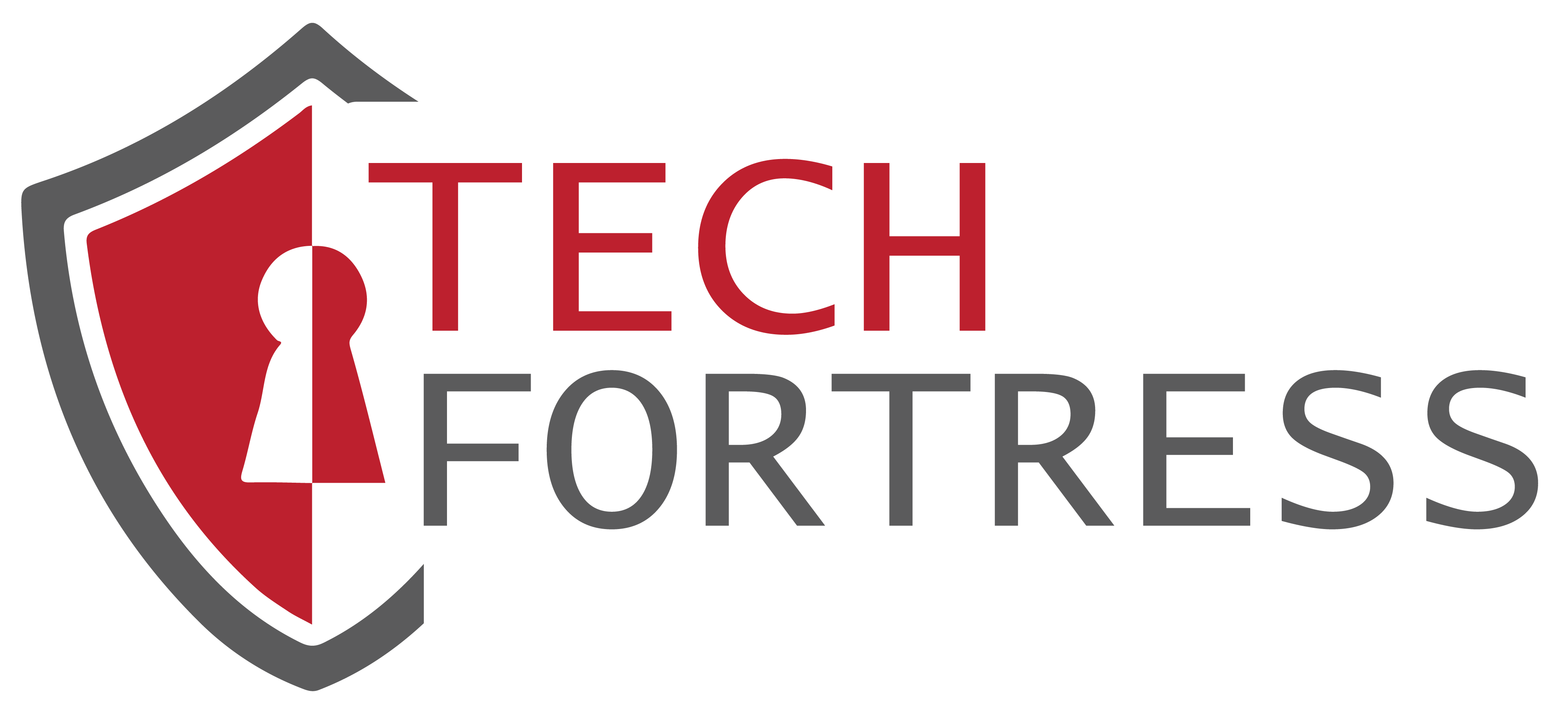In today’s digital age, where data drives businesses and individuals alike, the importance of cybersecurity cannot be overstated. As the threat landscape continuously evolves, organizations and individuals must adopt a proactive approach to safeguard their digital assets and sensitive information. One of the fundamental pillars of cybersecurity is regular evaluation and assessment. In this article, we’ll explore why regular cybersecurity evaluations are crucial in maintaining the security and integrity of our digital world.
- Identifying Vulnerabilities: Regular cybersecurity evaluations help identify vulnerabilities within an organization’s or individual’s digital infrastructure. These vulnerabilities can stem from outdated software, misconfigured systems, or newly discovered security flaws. By identifying these weaknesses, organizations and individuals can take proactive steps to address them before cybercriminals exploit them.
- Adapting to Emerging Threats: Cyber threats are constantly evolving, becoming more sophisticated and elusive. Regular evaluations allow security professionals to stay ahead of these threats by analyzing current attack trends and developing countermeasures. This proactive stance is vital because cyberattacks often lead to significant financial losses, data breaches, and reputational damage.
- Compliance and Regulatory Requirements: Many industries are subject to strict cybersecurity regulations and compliance standards. Regular evaluations help ensure that organizations meet these requirements, avoiding costly fines and legal consequences. It also demonstrates a commitment to data protection and privacy, which can enhance an organization’s reputation.
- Risk Management: Cybersecurity evaluations are an integral part of effective risk management. They help organizations assess the level of risk they face and make informed decisions about how to mitigate it. By regularly evaluating their cybersecurity posture, organizations can prioritize security investments and allocate resources effectively.
- Protecting Sensitive Data: In an era where personal and sensitive data is frequently targeted by cybercriminals, regular evaluations are essential to safeguard this information. Whether it’s customer data, financial records, or intellectual property, organizations must ensure that their data remains confidential, intact, and available when needed.
- Maintaining Trust: Trust is a valuable currency in today’s digital landscape. Customers, partners, and stakeholders must have confidence in an organization’s ability to protect their information. Regular cybersecurity evaluations not only bolster an organization’s security but also demonstrate its commitment to maintaining trust with its stakeholders.
- Reducing Downtime and Costs: Cyberattacks can lead to costly downtime, as systems and networks may need to be shut down for investigation and recovery. Regular evaluations can help identify potential weaknesses that, when addressed in advance, can reduce the impact and cost of a cyber incident.
- Security Awareness: Regular cybersecurity evaluations can also foster a culture of security awareness within organizations. When employees see that cybersecurity is a priority and that regular evaluations are conducted, they are more likely to take security practices seriously and be vigilant against potential threats.
- Continuous Improvement: Cybersecurity is not a one-time effort; it requires continuous improvement and adaptation. Regular evaluations provide valuable insights into an organization’s security posture and help in refining security strategies and policies over time.
In conclusion, the importance of regular cybersecurity evaluations cannot be overstated. They are the cornerstone of a robust cybersecurity strategy, enabling organizations and individuals to identify vulnerabilities, adapt to emerging threats, meet compliance requirements, manage risks, protect sensitive data, maintain trust, reduce costs, and foster a culture of security awareness. In a digital world where cyber threats are constantly evolving, regular evaluations are not just a best practice; they are a necessity for safeguarding our digital assets and maintaining the integrity of our digital infrastructure. By prioritizing cybersecurity evaluations, we can collectively work towards a safer and more secure online environment.

